Online Application: The first step in the admission process for an M.Com. in E-Commerce program is to submit an online application through the university's or college's official website. The application portal usually opens well in advance of the academic year for which you are seeking admission. Applicants are required to provide personal information, academic history, and other relevant details as specified in the application form.
Application Fee: Most institutions charge an application fee, which varies from one university to another. This fee is non-refundable and is typically paid online during the application submission process. It is essential to keep a copy of the payment receipt as proof.
Academic Transcripts: Applicants must provide their academic transcripts, including undergraduate and, if applicable, postgraduate degrees. These transcripts should be official and sealed, and they demonstrate your previous academic performance. High academic achievements can improve your chances of admission.
Statement of Purpose (SOP): Many institutions require applicants to submit a Statement of Purpose as part of their application. In the SOP, you should explain your motivation for pursuing an M.Com. in E-Commerce, your career goals, and how the program aligns with your aspirations. This is an opportunity to showcase your enthusiasm and commitment.
Letters of Recommendation (LORs): Applicants are typically required to submit LORs from professors, employers, or other individuals who can vouch for their academic or professional capabilities. These letters should highlight your skills, work ethic, and potential to excel in the program.
Entrance Examinations: Some institutions may conduct entrance examinations as part of their admission process. These exams are designed to assess the applicant's knowledge and aptitude in commerce and e-commerce-related subjects. Scores from these exams can play a significant role in the admission decision.
Interviews or Group Discussions: In addition to written exams, some institutions may require applicants to participate in interviews or group discussions. These interactions allow the admission committee to assess communication skills, subject knowledge, and overall suitability for the program.
Merit-Based Selection: After reviewing all application materials, including transcripts, SOPs, LORs, and entrance exam scores (if applicable), institutions typically create a merit list. Applicants are ranked based on their academic qualifications and performance in the admission process.
Counseling and Seat Allotment: Once the merit list is prepared, institutions may conduct counseling sessions for shortlisted candidates. During these sessions, applicants can discuss their program preferences, ask questions, and confirm their admission. Seats are allotted based on the applicant's rank in the merit list and availability of seats in the program.
Payment of Admission Fees: After seat allotment, candidates are required to pay the admission fees within the specified deadline. This includes tuition fees, library fees, examination fees, and other miscellaneous charges. Failure to pay the fees on time may result in the forfeiture of the allotted seat.
Document Verification: Before the start of the academic session, candidates are required to submit all necessary documents for verification. This includes original academic transcripts, certificates, identity proof, and other documents as specified by the institution.
Orientation and Enrollment: Finally, enrolled students typically attend an orientation program to familiarize themselves with the campus, faculty, curriculum, and other aspects of the program. This marks the beginning of their academic journey in the M.Com. E-Commerce program.
 2 Years
2 Years
 Post Graduate
Post Graduate
 Commerce
Commerce
 Full Time
Full Time

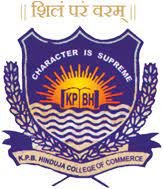

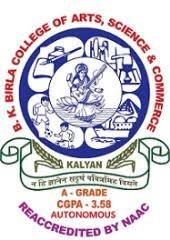

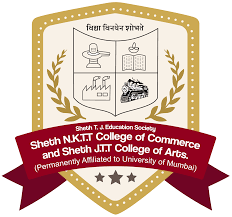



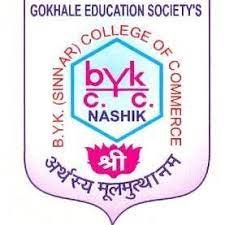

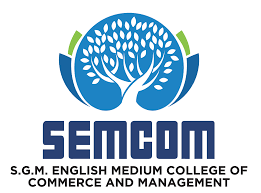
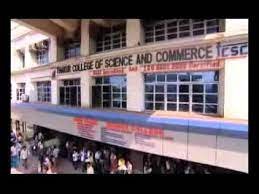
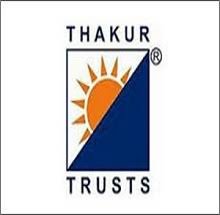



 back
back